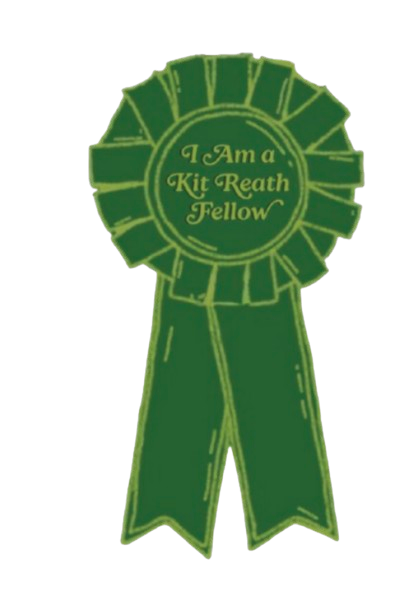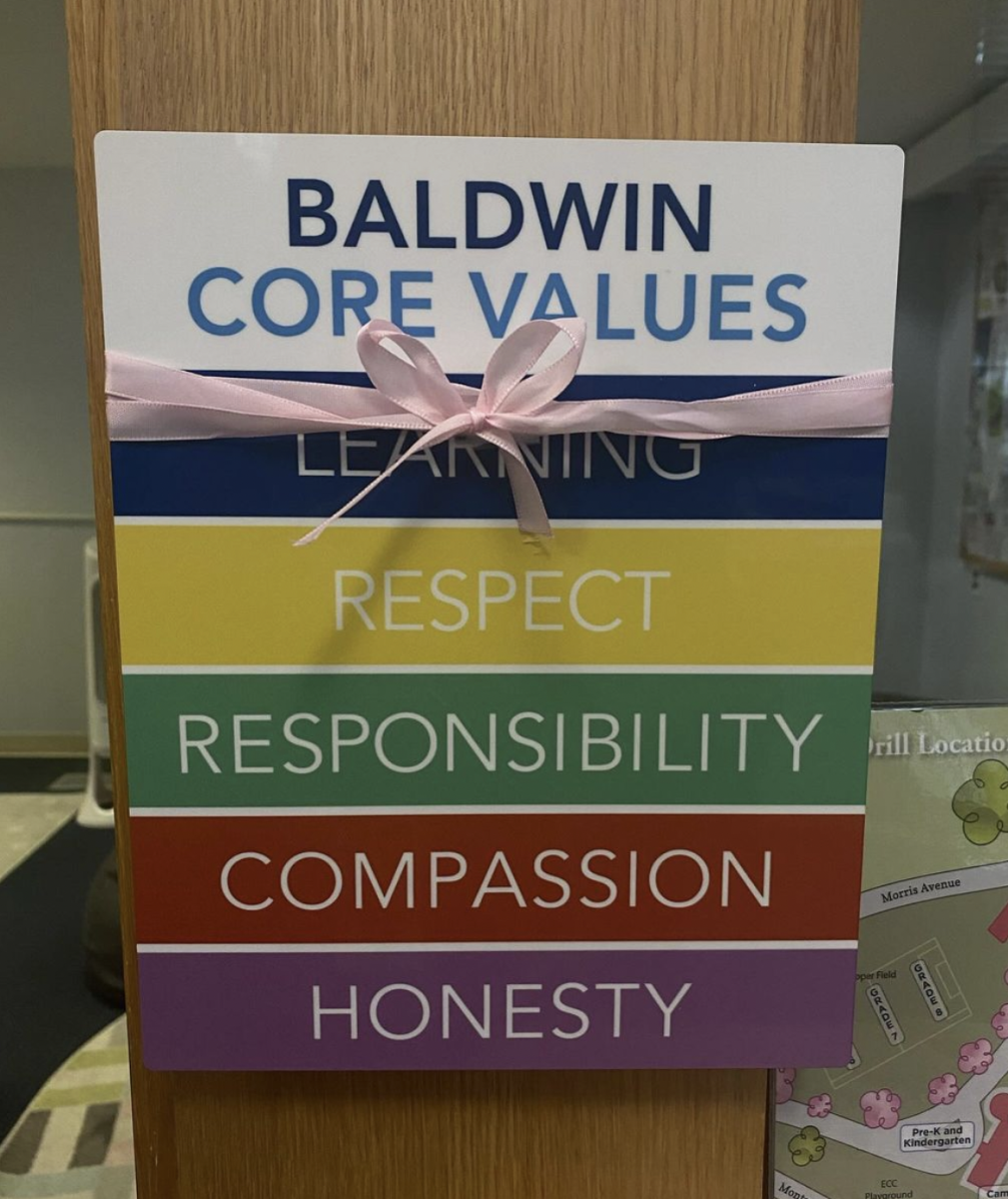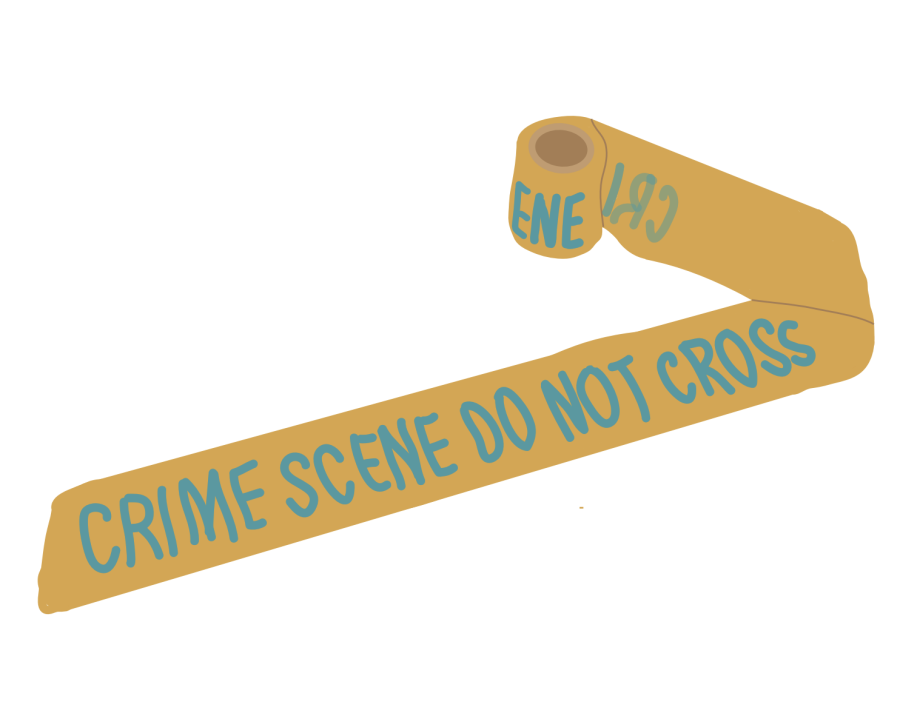An Investigation on True Crime
The Ethics and the Appeal
Design and graphics by: Greyson Walko ’25 and Amara Okechukwu ’24
Consuming true crime, whether it be podcasts, books, or movies, has taken an increasingly central place in pop culture over recent years. Xanthe Mallet, forensic criminologist at the University of Newcastle, voices the concerns of many that true crime is potentially glamorizing these gruesome stories. Yet, despite the criticism, this genre has accumulated a cult following. Is such content desensitizing its followers to the true horror of its contents?
According to BBC’s “Science Focus,” “[People are] drawn to these tales because murder, rape and theft have played a significant part in human society since our hunter-gatherer days.”
The innate desire to know the details of such crimes may come from a primal instinct to protect one’s family from such misfortunes. Psychologists also theorize that viewers are most drawn to victims that they relate to, possibly because the story is more relevant to their safety. Audiences may also believe that by exposing themselves to the criminals of the world, they can learn more about their behavior and gain knowledge that could be useful in a criminal encounter.
A 2010 study at the University of Illinois concluded that women are more inclined to watch true crime than men, and that these women were drawn to content that shared the murderer’s motives and featured a female victim. Most of these preferences are subconscious decisions made by the viewer, but they give us a window into the logic of the brain and the reason that we are drawn to true crime media.
As theorized by Richard Lettieri on Psychology Today, true crime taps into a darker side of humanity. True crime media allows for the exploration of more animalistic human instincts, like feelings of intense anger or impulsive thoughts. These stories can serve as a window into the world of people who have succumbed to their fury or frustrations, which has proven to be incredibly enticing to viewers.
Finally, many true crime podcasts and shows feature a mystery element, where listeners feel like they too are working to solve the case. Like more traditional murder mystery books and movies, true crime media offers those who tune in the chance to puzzle through complicated cases, and feel vindicated if they can piece together the answer before it is revealed.
While there are many theories as to why true crime has taken the entertainment industry by storm, one thing is certain: people love it. Whether it’s an evolutionary, emotional, or personal appeal, this gory genre is not leaving the media anytime soon.

Katie is the photography editor for the Hourglass and has written, designed, and taken photos for the Hourglass since freshman year. She spends her free...

































